The war zone in a no-war zone as minister Cele admits police have dropped the ball
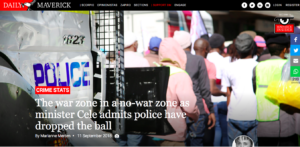
By Admin
By Admin
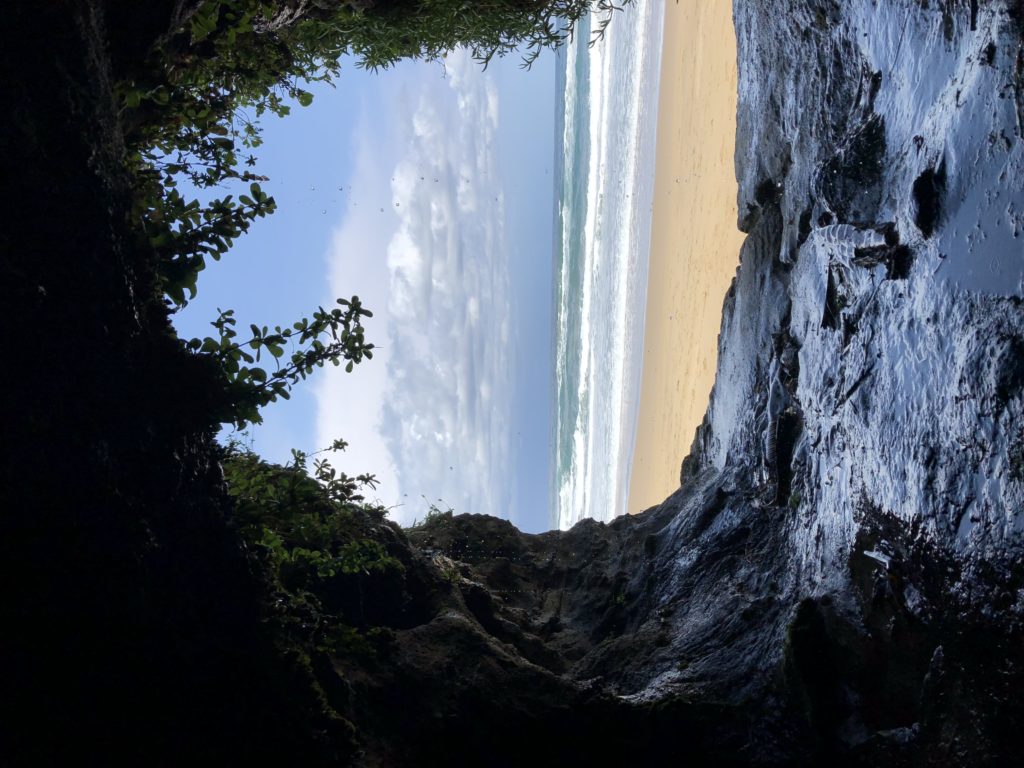
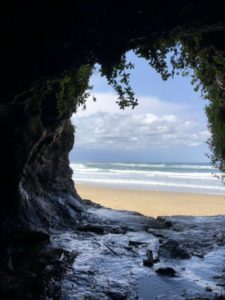
A view from inside a cave on the Wild Coast of the Eastern Cape, where SIT students went on a hike over the weekend.
Photo: Natalie Elliott
By Admin
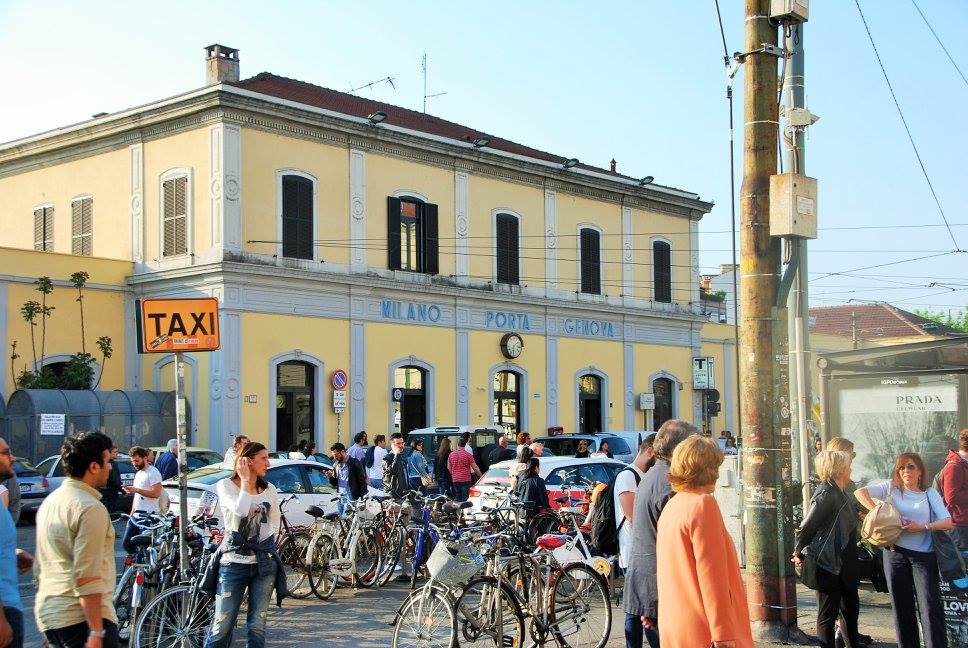
The buses stop running before midnight in Como, Italy.
This I discovered when arrived at Como Camerlata station from Milan Garibaldi around 11:30 p.m one night.
It was very dark outside and I was in a country where I didn’t understand a word of the local language.
On this particular day, I had missed a flight, and a train, and had run the battery of my phone down to just one percent. Spanish subway drivers had gone on strike, leading to this precarious state of affairs, landing me on the last train of the night to Lake Como. And as I had found myself at the wrong Milan train station, a connection gap of 30 seconds gave me no choice but to trust the universe and jump on the first train I saw.
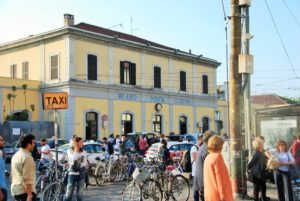
This decision changed how I see life.
After plenty of confused tears and panicked pacing, I met Arianna Sogetti. I had been desperately scanning the train for a young person who looked like they might speak enough English to understand my question. Finally, I worked up the courage to talk to the Italian girl in the seat across from mine.
Arianna spoke no English, but she came to my rescue. Confusion on the faces of Arianna and her friend gradually turned into understanding nods and eventually laughter as I typed what I needed to say into Google translate, using the last little bit of my phone’s battery. Yes, she nodded. I was on the right train. And when the time came, she made sure I got off with her at the correct stop.
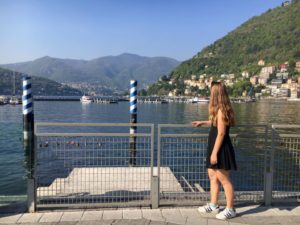
It was then I discovered that the taxis also stop running before midnight.
Thank goodness the very large and very loud Sogetti family did not.
Their kindness in driving a stranger they could not speak to to a hostel on the other side of town has stayed with me.
It is them I thank for my lust of travel and the reminder of what can come from being spontaneous.
I have learned not to ask why thing sometimes seem to conspire against me. Who knows what it might bring.
By Admin
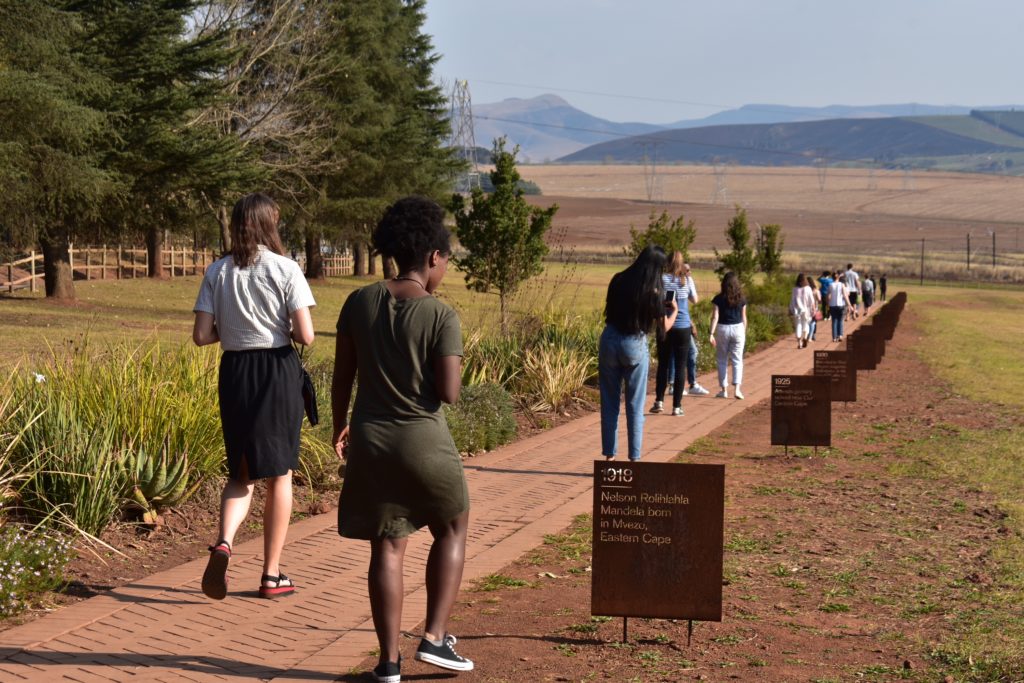
Empty rural roads wind along the South African countryside. In the Midlands region of KwaZuluNatal, signs of life begin to appear in the form of family homes turned into coffee stops for tourists, wine country beckoning foreigners, and billboards advertising Nelson Mandela’s capture site.
At the Mandela Museum, one might notice a news article about an addition to the site being built down the road for R74 million. The addition will be a visitor’s centre, complete with a replica of Mandela’s prison cell on Robben Island, an ampitheatre, an underground tunnel leading to the actual capture site across the street, and a place for vendors to sell their goods, including arts and crafts, indoors.
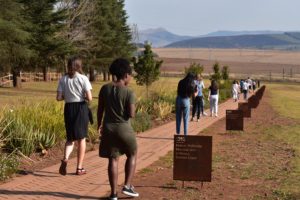
“It’s a really beautiful place and it’s hard to imagine that something so tragic happened there,” said Callie Struby, a student on the SIT Social and Political Transformation program.
The quietness of the area seems to be in contrast to the historical significance of the site itself. Nelson Mandela was captured on August 5, 1962 as he was en route to Johannesburg. A warrant of arrest had been issued shortly before, making Mandela the most wanted person in South Africa. Sergeant Vorster of the Pietermaritzburg police arrested Mandela in Howick, KwaZulu Natal and the future president of South Africa received a jail sentence of five years.
While at the time it was unclear how he had been located, it has now become widely accepted that the Central Intelligence Agency of the United States revealed Mandela’s whereabouts to his captors. In order to understand the reasoning behind this, it is important to think about the context of this particular period in world history.
The Cold War between the U.S. and Russia was under way during the 1960’s, and the fear of communism loomed large for much of the U.S. population. While Russia supported the anti-Apartheid movement, the United States supported the minority rule of the Apartheid government, according to the African Globe.
Fellow SIT student, Kelly Vinett, said the memorial site felt symbolic.
“It feels more like a celebration rather than a way to inspire change in the people who go there,” she said.
At the start of the site’s symbolic “Long Walk to Freedom” – a paved pathway that leads to the sculpture that is the centrepiece of the site – a banner advertising an app with more information strikes onlookers. It begs the question of intent and audience. What kind of people will be attracted to this site, and will they have the means to reach it? Does this accurately reflect Mandela’s message as a whole?
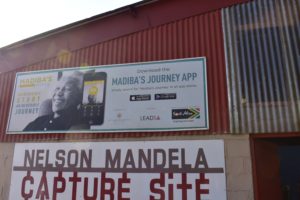
Would Mandela have asked for this new R74 million visitor’s center?
1 Kipling Road • Brattleboro, VT 05302 • 802 257-7751 • 800 257-7751 (toll-free in the US)
SIT is a private nonprofit institution of higher education.
© Copyright World Learning, Inc.



